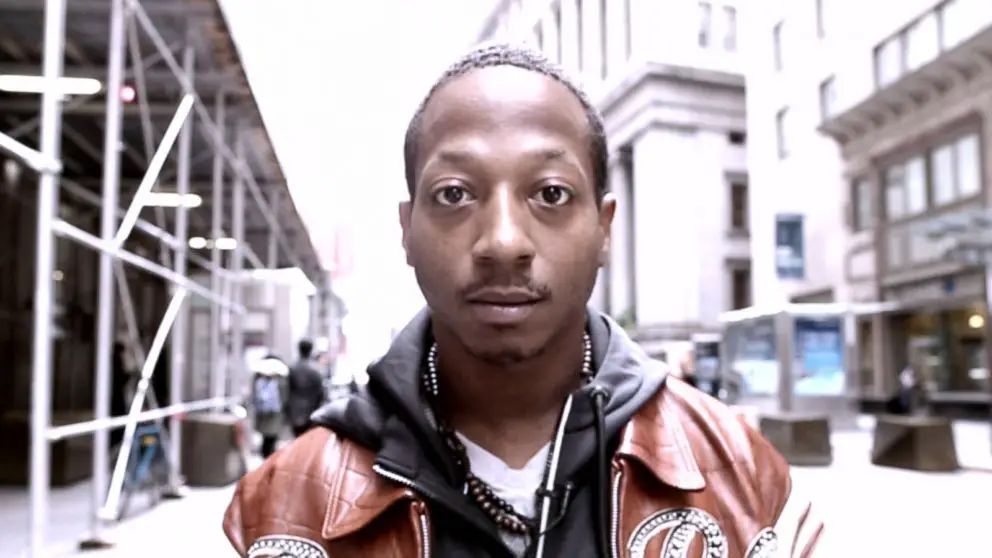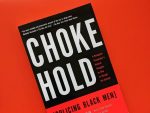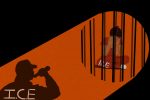Non-crime and Punishment
Spike’s new documentary miniseries, “TIME,” is real-time proof that the justice system needs fixing.
By D’Ariel Myrick, University of Georgia
“TIME” gives viewers an inside look into the tragic story of a young black man’s experience with the judicial system’s abuse and neglect; Kalief Browder’s story must be acknowledged, and people need to see how unjust New York’s judicial system is.
“TIME” is a six-part documentary broadcast on Spike, and the television miniseries began March 1, 2017. Browder was arrested at 16 for allegedly stealing a backpack and, subsequently, became subject to three years of imprisonment while awaiting his day in court. Though Browder had previously been arrested for joyriding in a stolen bakery truck, he was innocent of the felony charge he suffered three years in jail for. The documentary shows Kalief’s story of endurance and justice, demanding the criminal justice system do what it was designed for—to control and impose penalties on those who violate laws.
Before “TIME,” Kalief Browder was featured in Ava DuVernay’s “13th.” In an interview excerpt with Marc Lamont Hill, Kalief explains why he didn’t just take a plea deal.
“I felt like I was done wrong. I felt like something needed to be done…something needs to be said. If I just cop out and say that I did it, nothing’s gonna be done about it. I didn’t do it. No justice is served,” he said.
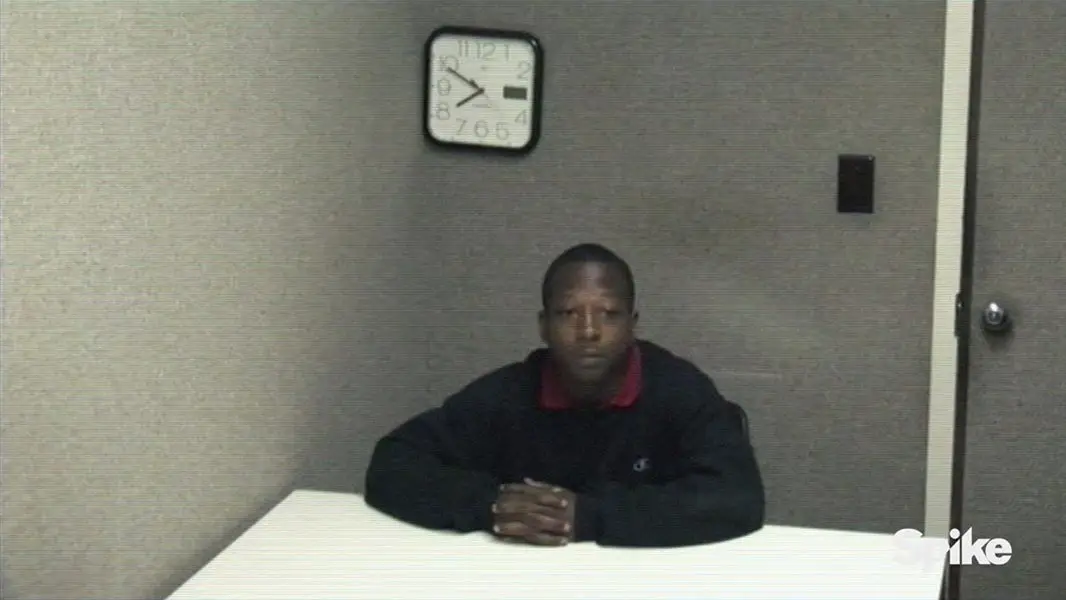
Browder was brave enough to stick up for what was right, and in the end, he was found innocent; however, he suffered three years wrongfully imprisoned, spending up to 17 months in solitary at a time, totaling approximately 800 days. While “13th” looks at the overall criminal justice system in relation to mass incarceration of black men, Kalief’s specific story shows the faults of the justice system for people who stand up to claim their inalienable rights, even when others deny them.
While “13th” introduced Kalief’s story, “TIME” provides an internal scope into how Mr. Browder endured over three years of wrongful imprisonment in one of the most infamous prisons of America, Rikers Island. Watching “Law & Order: SVU,” I’ve heard of Rikers Island, but I never imagined the conditions being as horrid as shown through “TIME.”
Browder talks about the conditions of solitary confinement, including urine on the walls and worse; there was a mice infestation throughout the solitary confinement area, or “the box.” Kalief experienced worse than inhumane conditions; he was forced to starve and remain in solitary for up to 17 months, even though there was a maximum of 90 days to be served in “the box” at a time. People in power abused their authority and played a part in Kalief’s unavoidable mental deterioration due to the conditions and abuse he was subjected to.
Though I am only halfway through the miniseries, I already feel impacted from the injustice shown through the eyes of Kalief, his family and experts. Individuals like Van Jones, Jay Z and Venida Browder share their take on the justice system and Kalief Browder’s story.
As a black woman, I can’t help but wonder if the criminal justice system will personally impact my life. Will my children be wrongfully accused or convicted of a crime? Will I be randomly stopped and frisked? As a college student, I am at an age where I am learning who I am and where I fit in society, but with unlawful murders made by authorities and racism showing its ugly face more in media, I wonder if I will lose myself because I was born black in America at a time when race can be the difference between freedom, a life in prison or death. The documentary is informative and a necessary, but the show’s reality is equally terrifying, depicting how New York has gotten away with murder.
The prison videos, which show Kalief’s everyday habits, also illuminate how neglectful correction officers are. When Kalief was in an altercation with fellow inmates, corrections officers did not handle the situation properly. For instance, early into Kalief Browder’s three-year imprisonment, he fought in a common area, but a female corrections officer entered and left the area within 30 seconds.
Former COs called the process, “the program,” where COs and inmates play a role in letting the new inmates know how jail will work. Prisoners beat up new inmates if they are not with “the program,” which includes submitting to other prisoners along with corrections officers’ outrageous demands at any time. Kalief, the brave and morally righteous person he was, refused the system of oppression within Rikers Island, so he suffered through several beatings and assaults from other inmates and corrections officers.
Solitary confinement goes against basic human brain function. Kalief’s brain was still developing when he was placed in solitary for the first time; essentially, his brain began to scramble from the lack of human contact and mental and physical torture endured during his first 10 months in “the box.” I never thought about how prison, especially solitary, could affect a human brain. Kalief was healthy when he first arrived at Rikers Island, but by the time he was released, he heard voices, had thoughts of suicide and, two years later, acted on the impulses. In the end, New York’s justice system failed Kalief Browder, an innocent human being wrongfully accused and detained in prison, and should be held responsible for his suicide two years after being released from jail.
I’ve never been personally involved with the “wrong side” of the law, but I know officers and acquaintances who have gone through the judicial system; knowing both sides of the law, I thought I understood enough about the judicial system. However, through Kalief Browder’s story, I see a glimpse into the inhumane, disgraceful treatments of human beings who are accused or convicted of a crime.
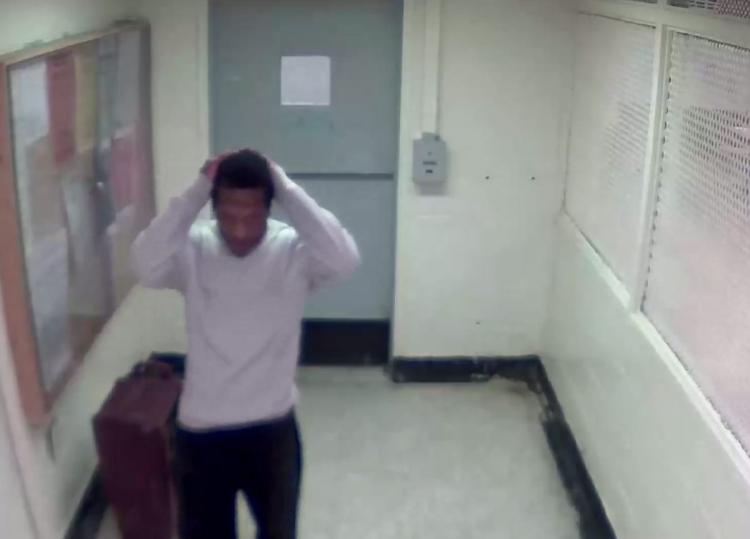
While one part of the Constitution is being upheld, which allows for the detainment of a “criminal,” inalienable rights, such as “a speedy trial,” are denied upon the convenience of people in power, like the district attorney, who continued to delay Kalief Browder’s trial date. Anyone who has not gone through the prison system cannot fully comprehend how demeaning and horrifying being locked up can be, but Browder’s story provides a window for viewers to see the true nature of the most infamous prison in America, Rikers Island.
As a college student, the prison system is not in the forefront of the mind, unless you are a criminal justice major; however, humanity and justice needs to be acknowledged and cared about by all human beings. Watching Kalief Browder’s story showed me how important caring and respect are in this nation as dark days seem to be approaching under the new executive branch. Browder’s story is one of many which needs to be publicized because every human deserves respect and validation as a human being.


